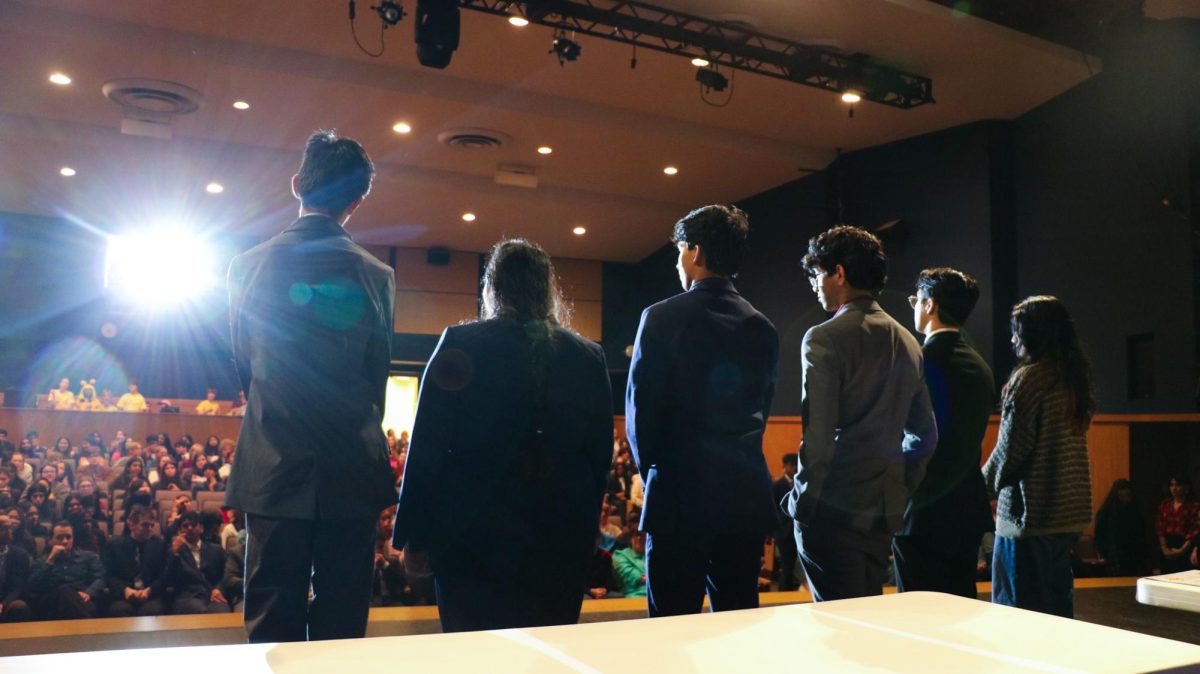Foreign policy in the United States has an intrinsic fascination with the red line. Former President George W. Bush drew it fervently in 2002, with his statement “America must not ignore the threat gathering against us. Facing clear evidence of peril, we cannot wait for the final proof, the smoking gun that could come in the form of a mushroom cloud.â€
11 years and about two trillion dollars later, Bush has likely come to regret this statement and foreign policy has not lost its ability to ruin a presidency.

The United States must stop being the immediate aggressor in foreign policy dilemmas, and find other solutions besides assuming the role of “world policeman.†This does not mean that the United States should assume a completely isolationist attitude, but our methods should emphasize less force and more diplomacy.
President Barack Obama inherited a method of foreign policy fraught with  aggression and red lines, vowing to amend it.
Obama met his adversary, the inevitable red line, on August 21 when an apparent nerve gas attack occurred in Damascus, leaving about 1,300 dead.
At a moment when we left vocal allies in Egypt feeling betrayed by an American government that gives 1.2 billion dollars annually to a militaristic government founded in violent coups and bloodshed, the timing was perfectly terrible.
If we do not immediately retaliate in domestic conflicts within countries such as Syria and Egypt, we are not sending a message that we condone the horrific actions that have occurred, but instead we are sending the message that we do not support the rebels associated with al Qaeda and other militaristic groups that would likely assume power after an intervention by the United States.
However, most proponents of the United States’ intervention in foreign disputes point to The First Gulf War as a decisive victory, and a resounding achievement for our country as the “world police.â€
The facts of the aftermath suggest otherwise.
Of the estimated $61 billion that the Gulf War cost, $52 billion were contributed by Germany, Japan, Kuwait, Saudi Arabia, and other Gulf states.
The Overseas Development Institute conducted a study in March 1991 regarding the effect the war had on developing countries, and they reached two striking conclusions: At least forty poor developing countries had been severely affected by the Gulf crisis to an extent akin to a widespread natural disaster and the distribution of developmental aid, unlike normal responses to emergencies, had been highly selective and not always directly related to need.
Furthermore, this relatively short intervention led to later conflicts with Iraq and Saddam Hussein that would lead to an ultimatum issued by President Bush on March 17, 2003. Now it is 2013, and we are still waiting for some sort of definitive resolution.
Finally, when we hear about terrorist groups across the Middle East conspiring to attack our nation, our first instinct is to ready our arms and invest American lives in forcefully obliterating the perpetrators and their sentiments.
However, has the United States ever decided to turn inward for a moment and examine what it is that makes us so widely abhorred and resented?
Of course there are many people in the world that have irrational hatred toward the United States for reasons that would not be productive to address, but what if the rest have valid criticisms to which we are too proud to listen?
John F. Kennedy once said, “The purpose of foreign policy is not to provide an outlet for our own sentiments of hope or indignation; it is to shape real events in a real world.â€
This country’s foreign policy has become deluded with aspirations of omnipotence and alleviating our own consciences, when this same foreign policy will likely end up shaping the futures of developing countries around the world.
Call it naivety, but where foreign policy is concerned, there should always be a priority for listening, reformulating ideas and agreements, and listening yet again. This should be the foundation on which United States foreign policy is constructed.
Until then, the fate of the world’s social, political, and economic stability lies in that daunting red line.











